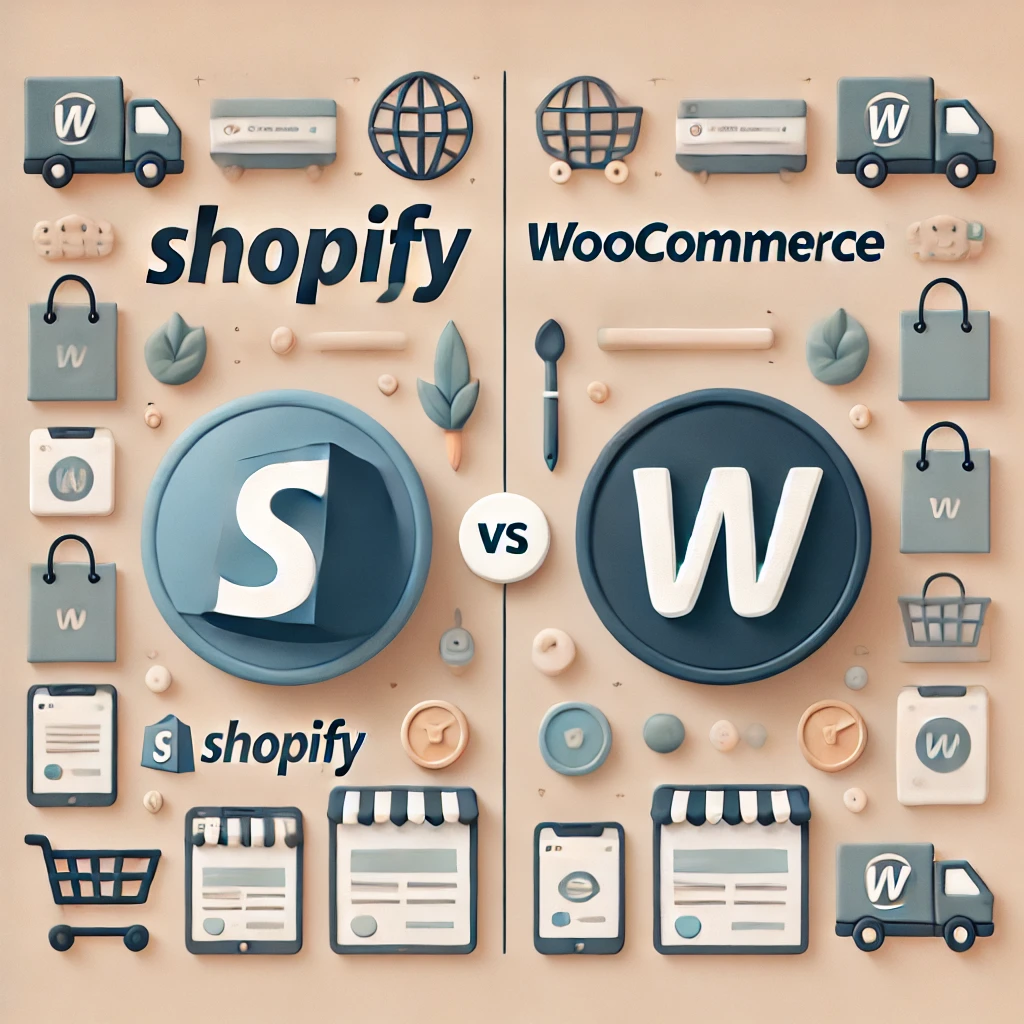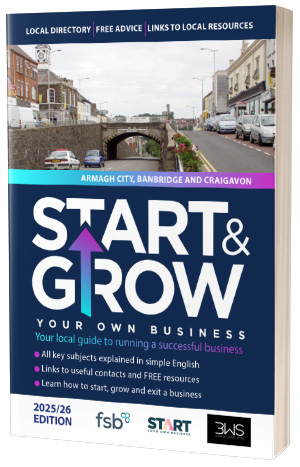When it comes to launching an online store, two of the most popular platforms business owners often consider are Shopify and WooCommerce. Both have their advantages, but choosing the right one depends on your specific needs, technical expertise, and long-term business goals. In this post, we’ll compare Shopify and WooCommerce across several key areas to help you make the best decision for your e-commerce venture.
1. Ease of Use
Shopify
Shopify is known for its user-friendly interface. It is a fully hosted platform, meaning you don’t have to worry about hosting, security, or technical maintenance. The drag-and-drop functionality makes it easy for beginners to build and customise their stores without any coding knowledge. Shopify takes care of the backend, allowing you to focus on running your business.
WooCommerce
WooCommerce is a plugin for WordPress, which makes it a little more complex to set up compared to Shopify. While WooCommerce offers more flexibility, it requires you to manage hosting, security, and updates. Users familiar with WordPress will find WooCommerce’s interface intuitive, but beginners may face a steeper learning curve. That said, WooCommerce offers extensive customisation options, perfect for businesses that need a more tailored solution.
2. Cost
Shopify
Shopify has a straightforward pricing structure with tiered plans ranging from basic to advanced options. The monthly subscription includes hosting, security, and support. However, transaction fees are applied unless you use Shopify Payments. The costs can add up, but for the convenience it offers, many businesses find it a worthwhile investment.
WooCommerce
WooCommerce itself is free, but the associated costs can vary depending on your needs. You’ll need to pay for hosting, a domain name, and possibly additional plugins or themes for extra functionality. While this gives you more flexibility in choosing services, it can become expensive as your store grows.
3. Flexibility and Customisation
Shopify
Shopify offers a wide range of themes and apps to customise your store, but it’s somewhat limited compared to WooCommerce. Shopify’s design and functionality can be extended with third-party apps, though some of these come with additional fees. If you’re looking for a simpler, plug-and-play approach, Shopify is a solid option.
WooCommerce
WooCommerce’s greatest strength is its flexibility. Since it runs on WordPress, it’s open-source and gives you full control over customising your store. You can modify every aspect of your website, add bespoke functionality, and integrate with thousands of plugins. This makes WooCommerce an ideal choice for businesses with more complex or unique needs.
4. Scalability
Shopify
Shopify is a highly scalable platform, which makes it suitable for businesses of all sizes, from small start-ups to large enterprises. Shopify’s infrastructure handles traffic surges effortlessly, and you can upgrade your plan as your business grows.
WooCommerce
WooCommerce can also scale, but it requires more hands-on management as your business expands. As you attract more visitors and customers, you’ll need to ensure your hosting plan can handle the increased traffic. Scalability with WooCommerce often depends on the hosting provider and how well you optimise your website.
5. SEO and Marketing Tools
Shopify
Shopify provides built-in SEO features, and the platform is optimised for speed and mobile-friendliness, both of which are critical for SEO. You can also integrate social media, email marketing, and analytics tools through Shopify’s app marketplace.
WooCommerce
WooCommerce offers advanced SEO capabilities because it runs on WordPress, which is widely regarded as one of the best platforms for SEO. With plugins like Yoast SEO, you have full control over your on-page SEO elements. You can also easily integrate with any marketing tools or plugins that you need.
6. Payment Options
Shopify
Shopify supports a wide range of payment gateways, but if you use a third-party processor like PayPal or Stripe, you may incur extra transaction fees unless you use Shopify Payments. However, its native gateway (Shopify Payments) works seamlessly and reduces additional costs.
WooCommerce
WooCommerce, by default, supports PayPal and Stripe and can be extended to work with many other payment gateways without additional transaction fees. This flexibility allows you to choose the payment methods that work best for your business and customers.
How Banbridge Website Studio Can Help You Build the Perfect E-commerce Store
Whether you’re leaning towards Shopify for its ease of use or WooCommerce for its customisation capabilities, Banbridge Website Studio is here to help. We specialise in creating bespoke e-commerce solutions tailored to your business needs. Our expert team can design and develop a store that aligns with your brand, integrates with your chosen payment gateways, and optimises performance to ensure the best possible user experience.
We’ve worked with clients across the UK and Ireland to build both Shopify and WooCommerce stores that not only look great but perform exceptionally. Whether you’re starting a new venture or migrating from another platform, our team has the expertise to deliver the results you need.
If you’re ready to take your online business to the next level, or simply want to explore which platform is best for you, contact us today to discuss your project. We’ll be happy to guide you through the process and answer any questions you have about building a successful e-commerce store, no matter the marketplace.
Let’s create something amazing together!





